Speakeasy Cannabis Club (EASY.C) has signed a non-binding letter of intent with M&J Orchards to plant 50-acres of hemp in 2020, because sometimes outsourcing can confer a comparative advantage.
In this case, comparative advantage is all about cost-cutting. Industrial hemp production isn’t as tightly regulated as cannabis, and the licensing process is easier because it contains much less THC. Industrial hemp producers can grow hemp of approved varieties, collect the biomass and sell it to LP’s, which will produce concentrated forms of CBD.
“Between utilizing our location and excellent climate, unique to the industry harvest equipment and methods and our large-scale, efficient processing and extraction facility, which we anticipate to come on line this fall, we will be in an excellent position to participate competitively in markets here in Canada and around the world,” said Marc Geen, founder of Speakeasy.
Speakeasy’s property has already gone through the various stringent approval processes from the Agricultural Land Reserve, Health Canada and from all levels of government to cultivate THC-bearing cannabis. The company is now leasing land in order to grow industrial hemp and secure a supply for CBD-bearing hemp, which will meet its biomass standards.
The logic of comparative advantage says that it’s smarter to outsource. It gives Speakeasy a chance to focus on what they do well, while paying someone else to handle the CBD and hemp-biomass part of the business. That way, they can cut down on the opportunity cost—defined as what they risk missing out on by engaging in hemp-production—by getting someone else to do it. The CBD demand is expected to be greater than Speakeasy could grow on its own land, and therefore partnerships with landowners and operators make sense for the company to keep up with demand.
Sensible.
The CBD opportunity
CBD markets have been expanding aggressively for the last two years and are expected to continue as countries around the world open up:
- BDS Analytics and Arcview Market Research project that the collective market for CBD sales in the United States will surpass $20-billion by 2024.
- The Canadian CBD market is expected to reach $1-billion in the next five years, according to Forbes.
The company projects over 6,500 kilograms of CBD distillate from the yields from the 50-acre field which should sell at approximately $10,000 per kilogram. Although recent sales of CBD distillate have gone for three times that amount, the company’s management thinks those prices aren’t sustainable and will level out around $10,000—consistent with prices in the U.S. and European markets.
Speakeasy has been working on expanding their reach for its CBD distillate production by building relationships throughout Canada, Mexico and Europe.
“Building relationships with clients and companies is an important part of any business. We have been building strong relationships for years in anticipation of beginning sales and distribution of Speakeasy’s products and it is finally time to enact these sales and distribution agreements,” Geen said.
The company intends to announce partnerships and supply agreements with companies over the next few months. Throughout the 2020 season, Speakeasy will continue to develop its phase 2 outdoor grow facility on the remaining land suitable for growing cannabis on its 290-acre property and expects it to be licensed and ready for the 2021 grow season.
—Joseph Morton

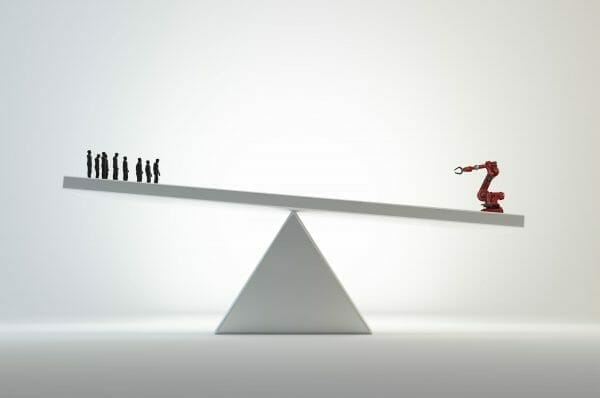
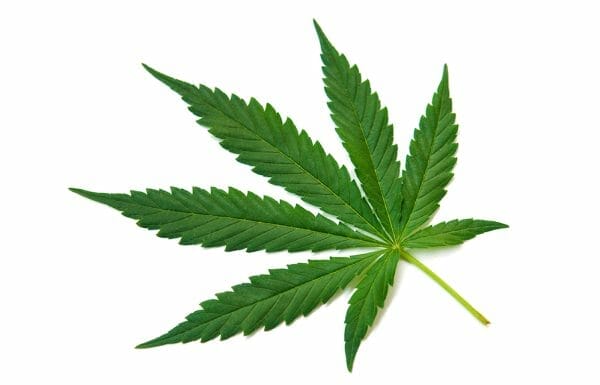
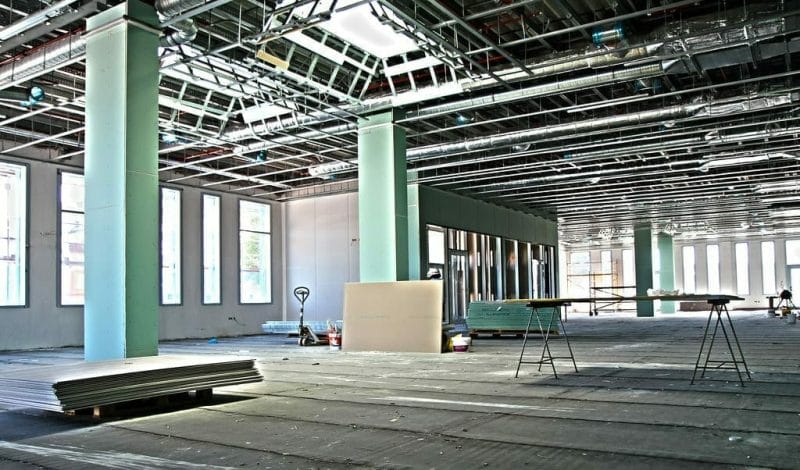
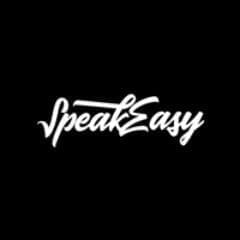
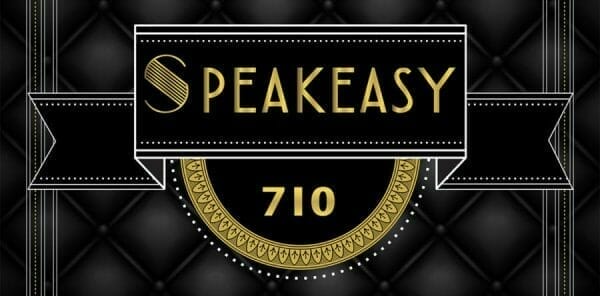
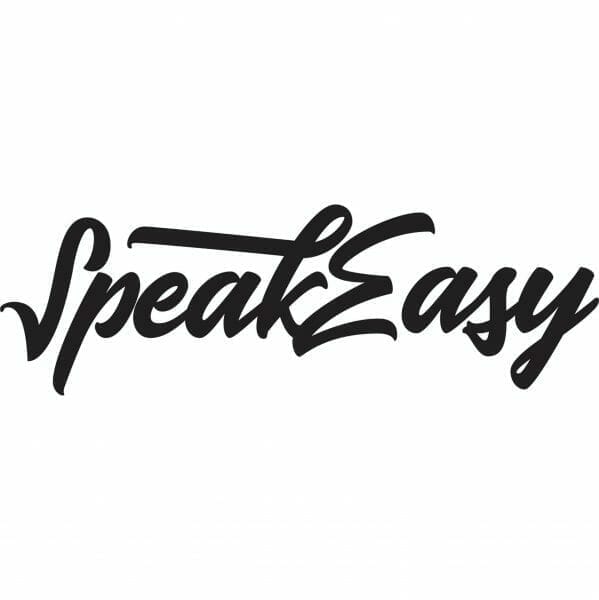
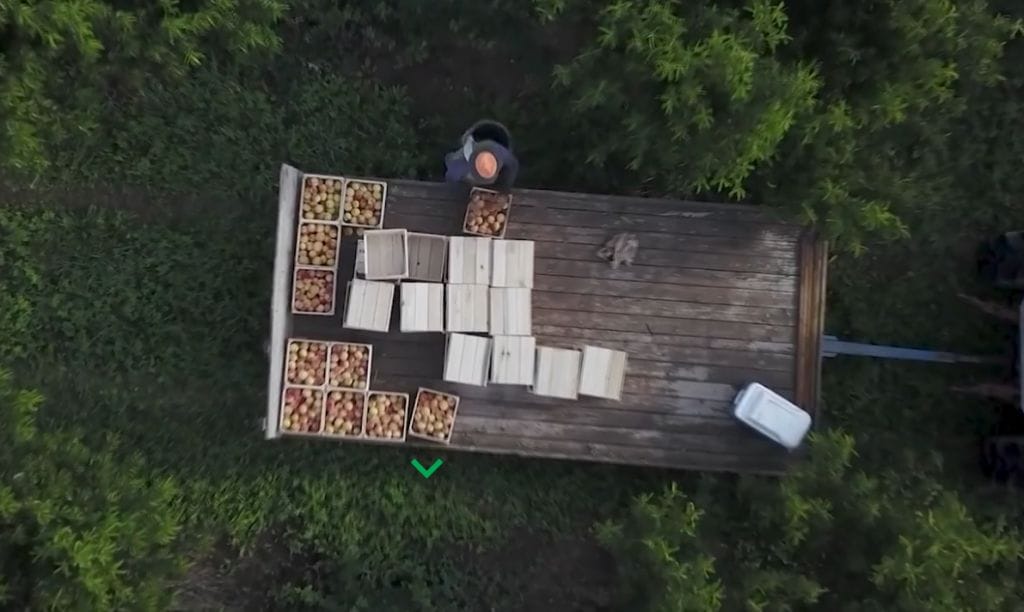
“The company projects over 6,500 kilograms of CBD distillate from the yields from the 50-acre field”
This cannot be from any of the Health Canada approved cultivars. How did they get those projections? 130 kgs per acre of extracted material?